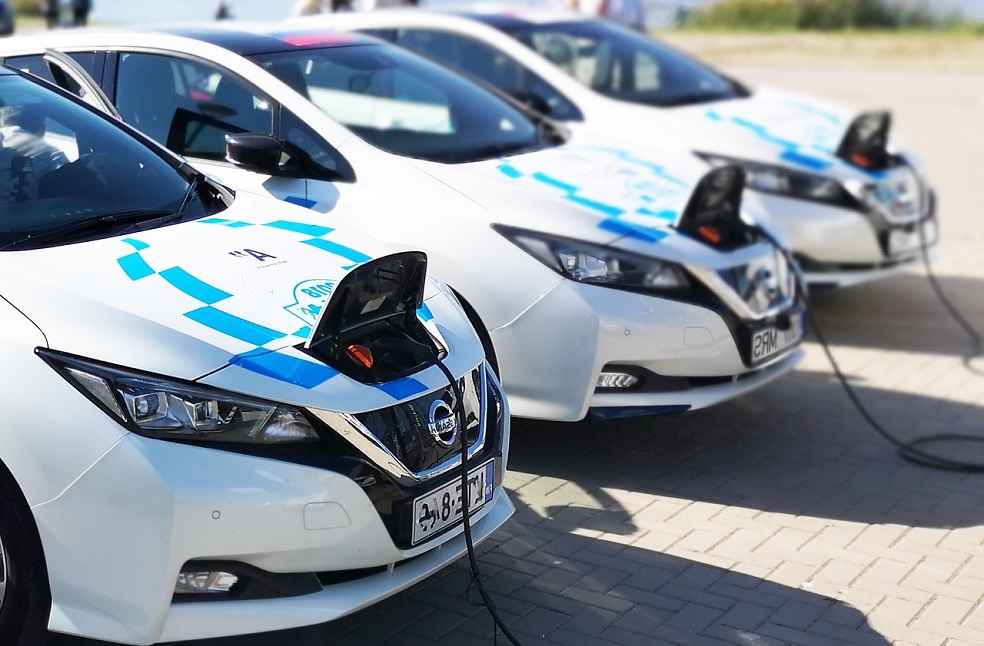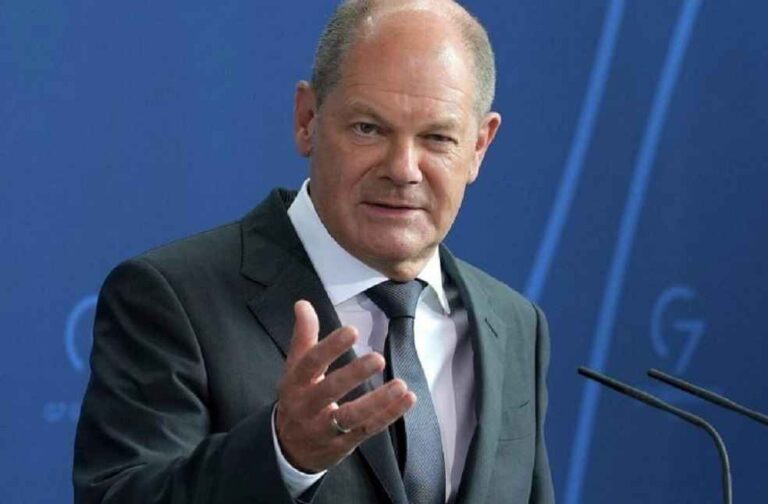Berlin witnessed a pivotal industry summit where Germany’s government and top automakers solidified their aim for deploying 15 million electric cars on German streets by 2030. Hosted by Chancellor Olaf Scholz on Monday, 27 November, the event, known as the Transformation of the Automotive and Mobility Industry Strategy Platform, brought together key stakeholders to strategize on realizing this ambitious target, despite the backdrop of falling sales.
The discussions, led by political leaders and industry experts, centered on the clear preference for electric vehicles over other technologies, such as fuel cells and synthetic fuels. This consensus, underscored in a report by Tagesspiegel, recognized electric vehicles as the primary tool for transforming mobility.

Cost reduction for electric vehicles emerged as a critical theme. The government’s statement highlighted that advancements in battery technology and the emergence of a circular economy are likely to drive prices down. The summit also heralded initiatives to enhance semiconductor and battery production capacities and fortify local industrial networks, essential for the sector’s resilience.
To develop production capacities, automakers and suppliers are adapting their strategies for procuring raw materials and semiconductors. This adaptation involves long-term supply contracts, purchase guarantees, and collaborative planning across the value chain.

This latest meeting follows an earlier mobility event held earlier in the year, where Chancellor Scholz emphasized the need to accelerate efforts in reducing emissions in the transport sector. The summit marks a significant step in Germany’s journey towards a more sustainable and electric-based automotive future.
AUTO TECH | EIB Grants €450M to Iveco for Transport Decarbonization Push





